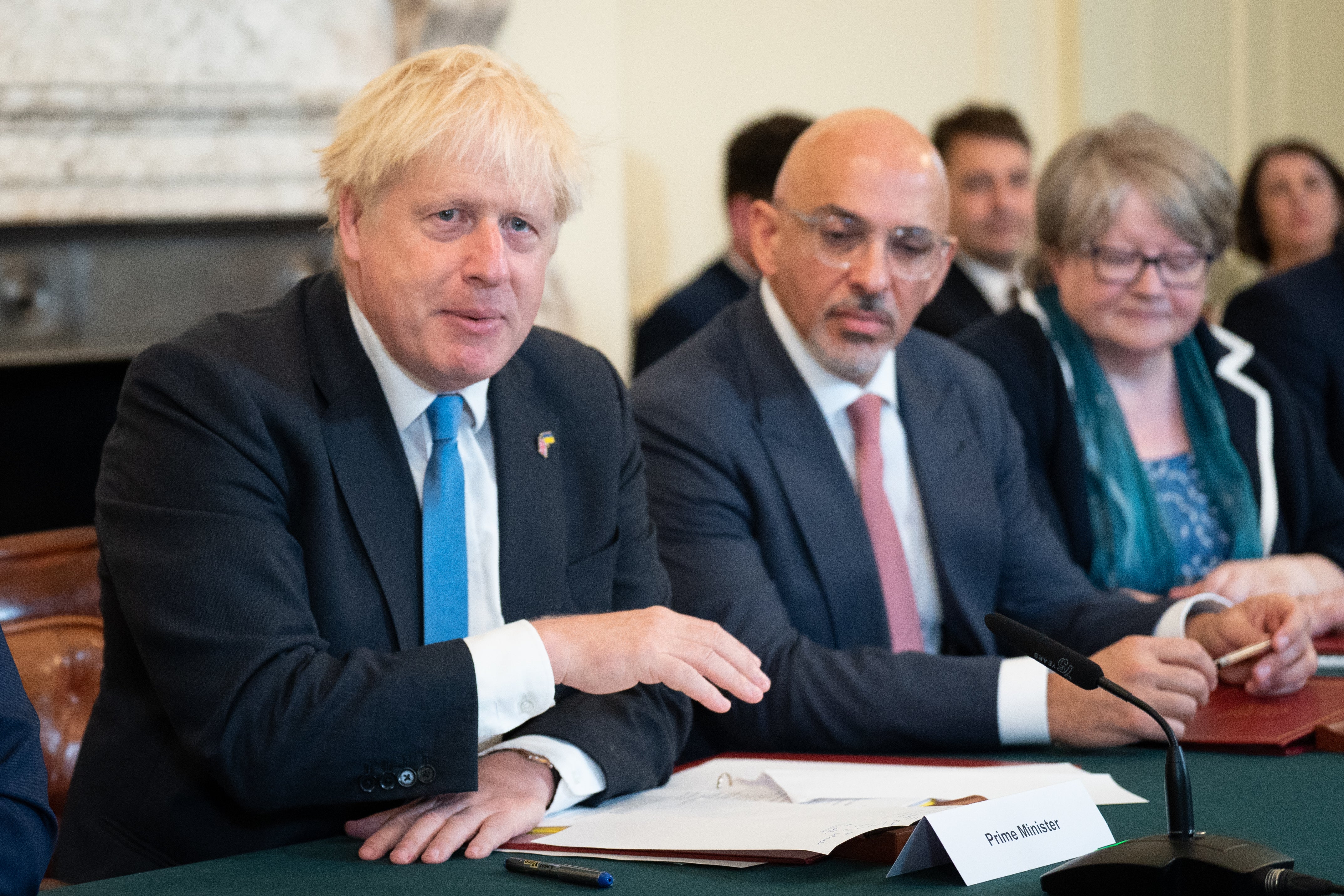Who runs a caretaker government when the caretakers are on holiday?
It is difficult to find encouraging precedents for the current collective dereliction of duty, says Sean O’Grady


What do you call a country with a caretaker government when the caretaker has gone on holiday in the middle of an economic crisis and a European war?
Why, the United Kingdom, of course. It seems Boris Johnson might have had a point when he said that this was no time for a protracted and distracting leadership election. Of course, that was the price the country paid when his government collapsed beneath him through his own fault, and thus he cannot escape culpability. Still, so it is proving: Britain is drifting into recession and an existential struggle for survival for the most vulnerable in society. Families who, in Theresa May’s famous phrase, were just about managing in 2018 or 2019 are now faced with a squeeze on living standards unprecedented since the Second World War: higher fuel and food prices, energy bills, council tax, tax and national insurance, with rents and mortgages up.
The situation is getting dire and it demands leadership. But the caretaker prime minister is demob happy and on his second honeymoon, the caretaker chancellor, Nadhim Zahawi, is away on holiday and the caretaker deputy prime minister, Dominic Raab, is busily spinning for the former proper chancellor, Rishi Sunak. Meanwhile, the caretaker foreign secretary is touring the country making impossible promises and bad policy on the hoof. The likely future chancellor, Kwasi Kwarteng, doesn’t know the whereabouts of Boris Johnson (one can only hope that Carrie Johnson does). It’s not ideal.
A new premier won’t be in office for another month, nor many of the new ministers, and problems are piling up. Contrary to some expectations, the next prime minister will also mean a change of policy in key areas, and more radically so in the case of Liz Truss. Strong and stable government, to borrow again from the Big Theresa May Book of Doomed Slogans, is at a premium.
It is difficult to find encouraging precedents for such a collective dereliction of duty. Funnily enough, the last Tory leadership election in 2019, which yielded Johnson, was another exercise in self-indulgence because vital Brexit negotiating and preparation time was spaffed away on a meaningless contest between Johnson and Jeremy Hunt.
In economically and geopolitically sunnier times there was even some mild amusement to be had from the usual tussles for power when the PM is indisposed or away. Of course, modern communications mean that prime ministers are able to keep abreast of events even when they’re on the other side of the world, as has been the case for decades – provided, that is, they still want to take an interest in the job. Margaret Thatcher disliked not being in control; she didn’t bother with holidays much at all.
Others did “chillax”, as David Cameron put it. For example, there was never much of importance going on that Tony Blair wasn’t aware of, even if he was relaxing in Tuscany or hanging out in the Caribbean hideaways of Cliff Richard or Richard Branson, but it was fun to see John Prescott, Peter Mandelson and Gordon Brown try to show who was in charge. Prescott even went to the seaside to name a crab “Peter” as a bit of fun. But at least the civil servants had a range of powerful personalities to turn to if they needed a decision and didn’t want to trouble the PM. Not so much now, though.
Only rarely has the British government suffered from such lassitude as it does today. In the early 1950s, Churchill – approaching 80 and in his Indian summer as premier – suffered a series of strokes, unbeknown to the public. Usually his experienced designated deputy, Anthony Eden, took over seamlessly, but on one occasion Eden was also sick in hospital with a persistent gallbladder complaint and the government was run by the chancellor, RA Butler. It was a time of some international tension and the country was emerging from post-war austerity, but no harm was done during the hiatus before Churchill’s return. Now things are much more dicey, and much of the country is already suffering financial hardship.
Many voters will wonder why they have to wait another month without some help.



Join our commenting forum
Join thought-provoking conversations, follow other Independent readers and see their replies
0Comments